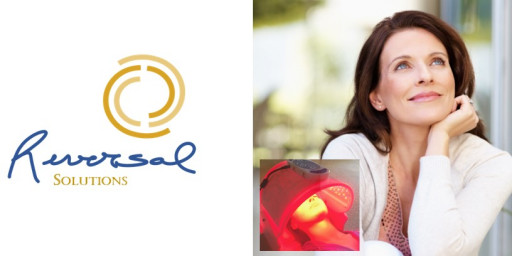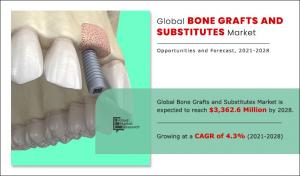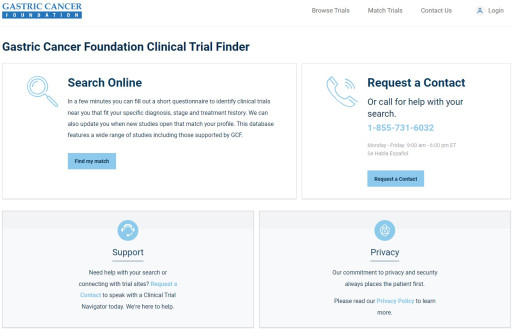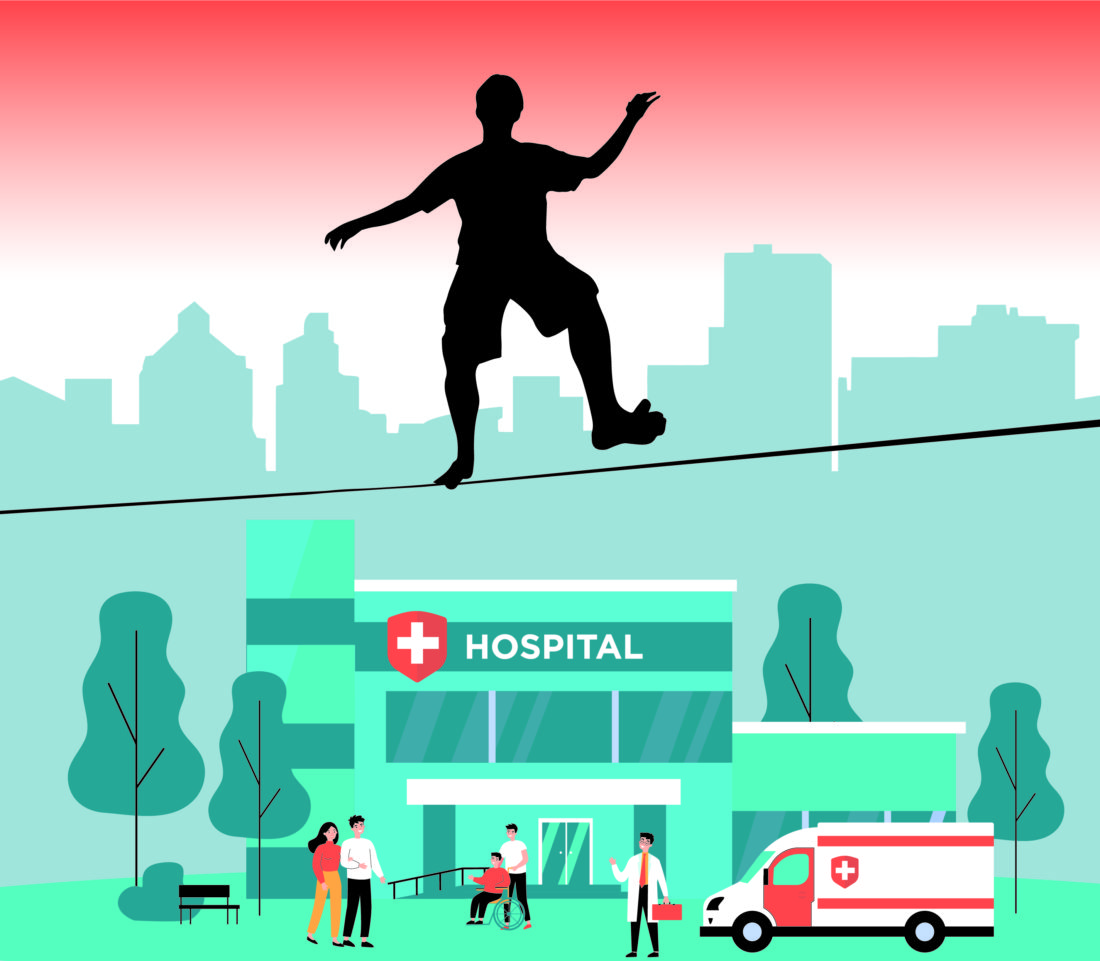Health - Purple Foxy Ladies originally published at Health - Purple Foxy Ladies
Reducing neuroinflammation with PhotobiomodulationBELMONT, Calif., April 19, 2023 (Newswire.com) - A recently published study from Stanford University [see link] demonstrated the potential benefits of photobiomodulation (PBM) in a mouse model of neuroinflammation. Neuroinflammation is a key risk factor associated with various neurological diseases such as Alzheimer's disease, Parkinson's disease, and acute delirium.
The study assessed the effect of PBM on mice challenged with lipopolysaccharide (LPS). Such rodent models of neuroinflammation have emerged as a standard in studies aimed at understanding and treating neuroinflammation. Using this tool, the study demonstrated that PBM can have a significant effect in reducing neuroinflammation. According to Annelise E. Barron, an Associate Professor in the Bioengineering Department at Stanford who was involved with the study, "This research demonstrates the potential of PBM in providing significant anti-inflammatory effects, both in the brain and systemically. In particular, in this study, PBM was found to modulate cytokine expression in the mice into a less inflammatory profile by downregulating the expression of certain cytokines that are known to be inflammatory, while upregulating the expression of other cytokines that are anti-inflammatory. The results were especially striking in mice challenged with LPS, where a strong inflammatory response would be expected in the absence of PBM."
PMB treatment was administered using the Auragen Light and Sound System produced by Reversal Solutions, Inc. The unit contains 328 LEDs, each of which is equipped with a lens that focuses light emitted by the LED toward the center of the treatment area. For the purposes of the study, the Auragen unit was configured to operate in the "Renew" mode. In this mode, 134 of the LEDs operate near their peak power specification to emit light at 640 nm (red), 86 of the LEDs operate at more than half of their peak power specification to emit light at 880 nm (NIR), and 108 LEDs operate at a very low power level to emit light at 465 nm (blue).
Light and Sound System produced by Reversal Solutions, Inc. The unit contains 328 LEDs, each of which is equipped with a lens that focuses light emitted by the LED toward the center of the treatment area. For the purposes of the study, the Auragen unit was configured to operate in the "Renew" mode. In this mode, 134 of the LEDs operate near their peak power specification to emit light at 640 nm (red), 86 of the LEDs operate at more than half of their peak power specification to emit light at 880 nm (NIR), and 108 LEDs operate at a very low power level to emit light at 465 nm (blue).
PBM therapy was administered by the Auragen unit in the Renew mode for 30 minutes over five days in a two-week period. The mice were divided into a first control group that received no light therapy, a second group that received light therapy in the Renew mode in a steady state, and a third group that received light therapy in the Renew mode in a flicker state at a frequency of 40 Hz (gamma). On day 11, members of the three groups of mice were dosed with either a saline solution containing LPS, or a saline solution without LPS. The mice in the second and third groups were then subjected to a final PBM treatment. Samples of brain tissue and plasma were then collected from all three groups of mice 24 hours after the final PBM treatment, and analyzed for inflammatory response by analysis of cytokine expression levels.
Reversal Solutions Inc. is a privately held corporation committed to providing leading science-based light therapy technologies to safely improve the health and well-being of individuals. The company designs, develops, and sells photobiomodulation light therapy units for professional and consumer use. Additional information about the Auragen unit used in this study is available at Reversal.Solutions.com.
Contact Information:Robert Mullen
President
[email protected]
18182313959
Original Source: Photobiomodulation Treatments Are Demonstrating Neuroinflammation Reduction Potential
Health - Purple Foxy Ladies originally published at Health - Purple Foxy Ladies





